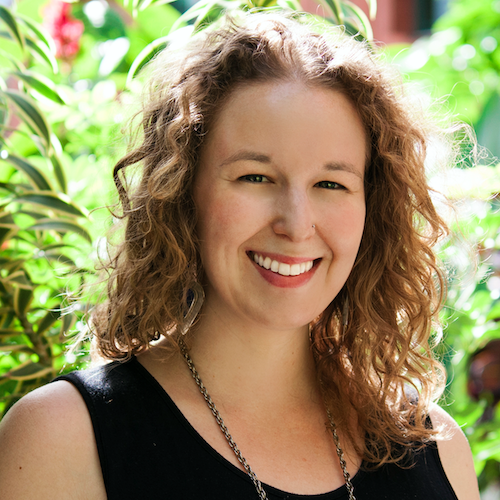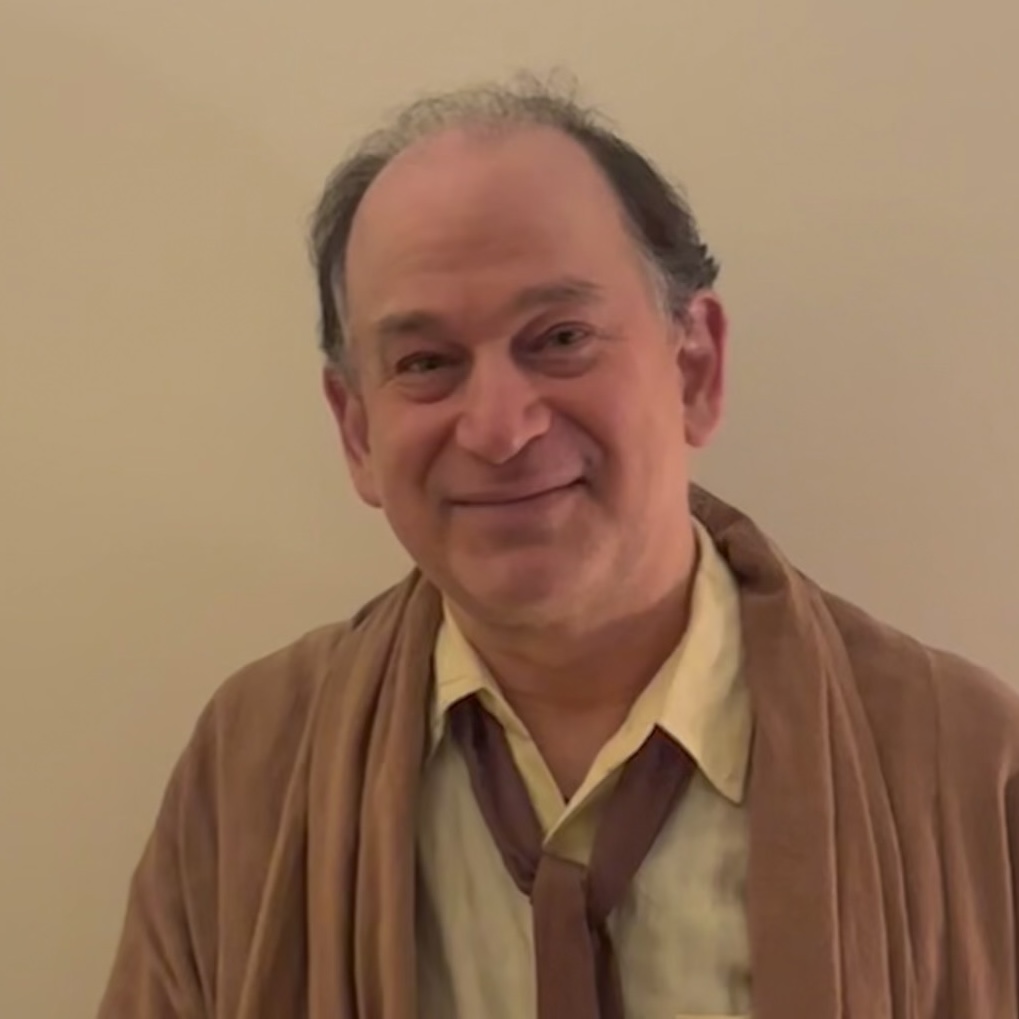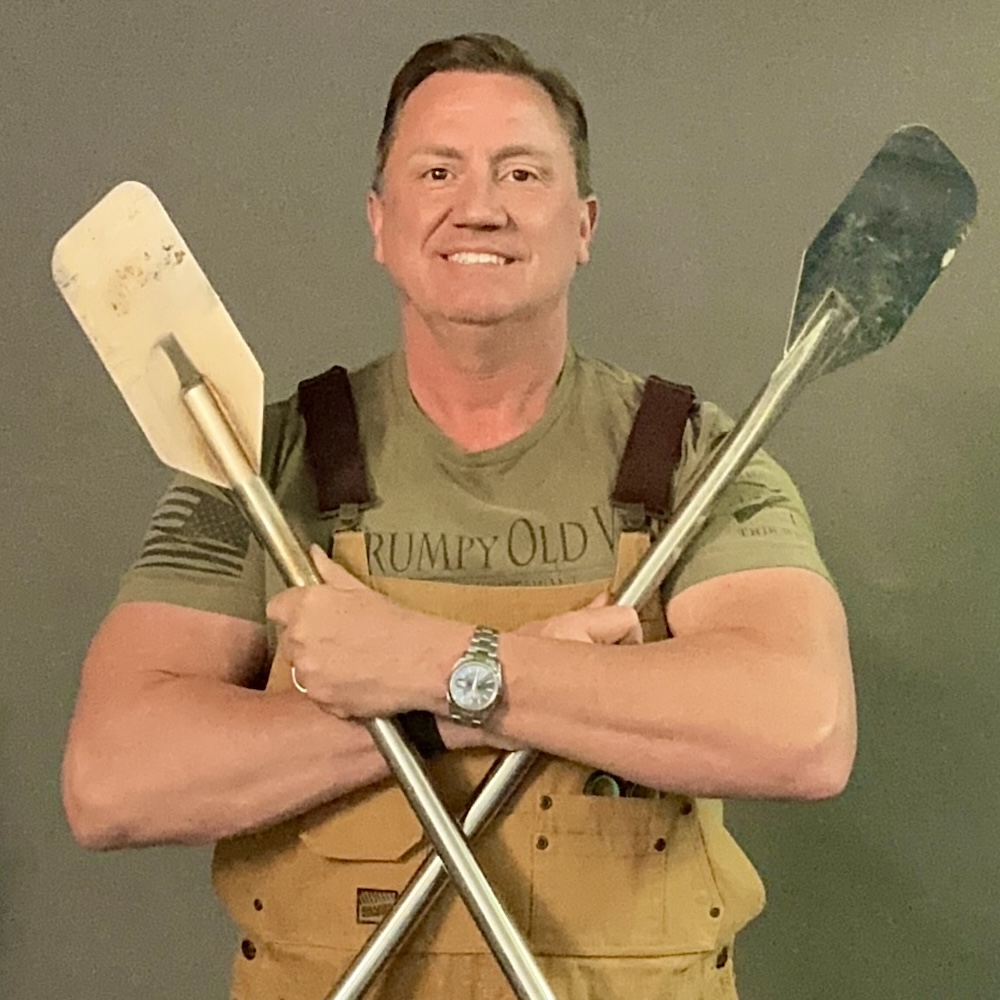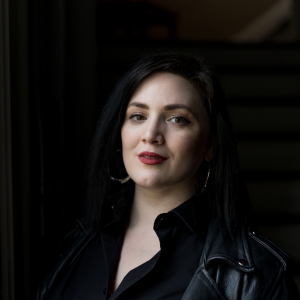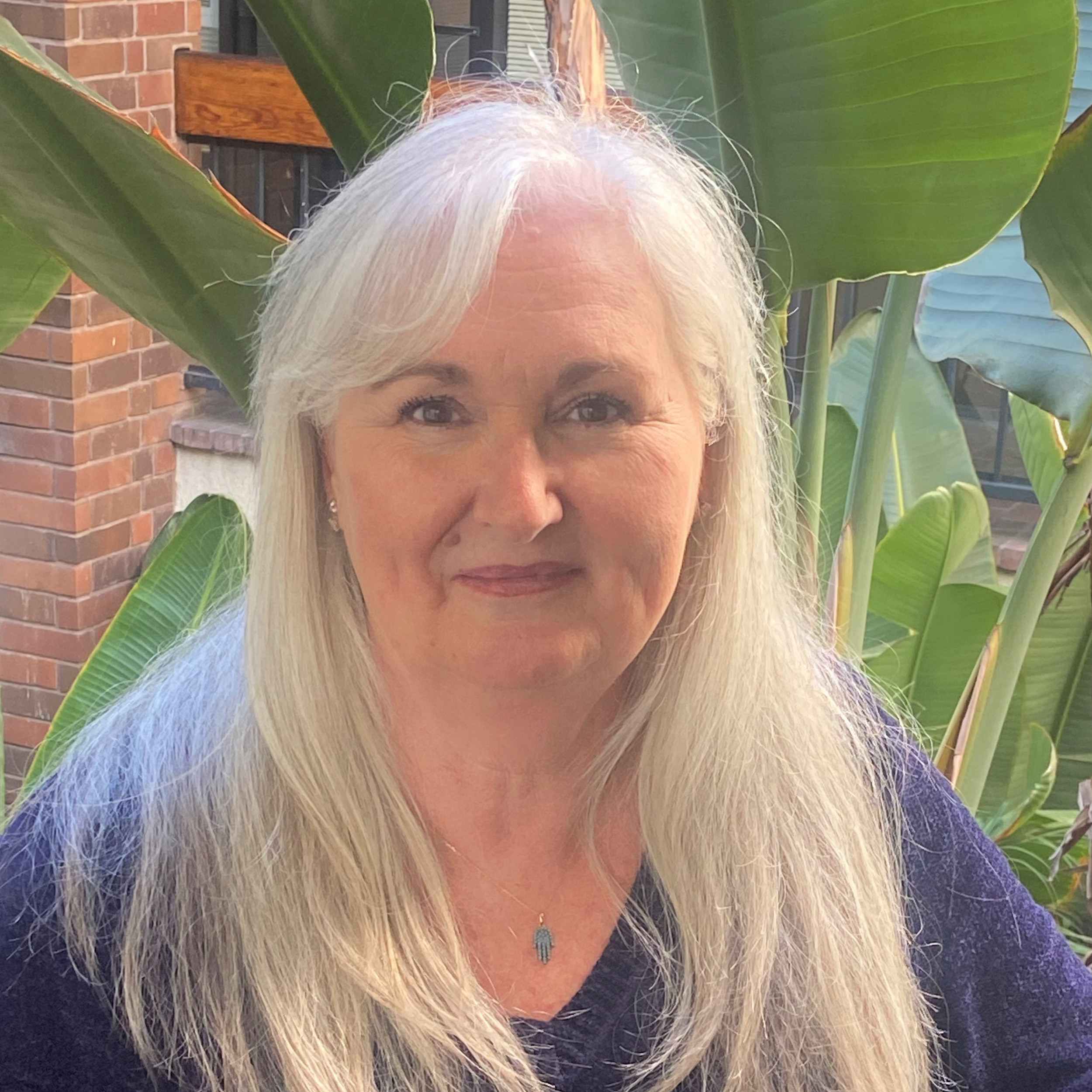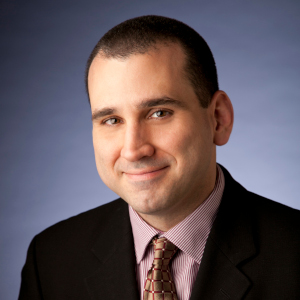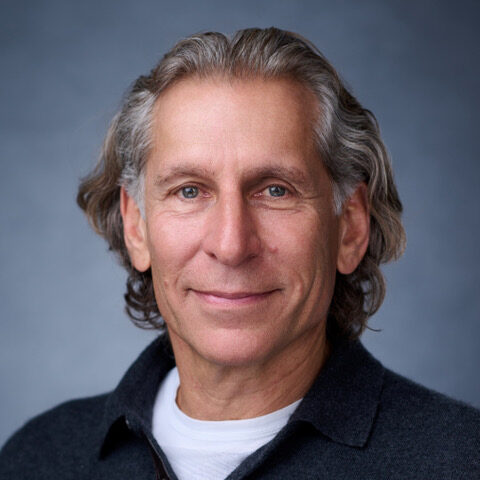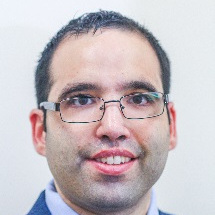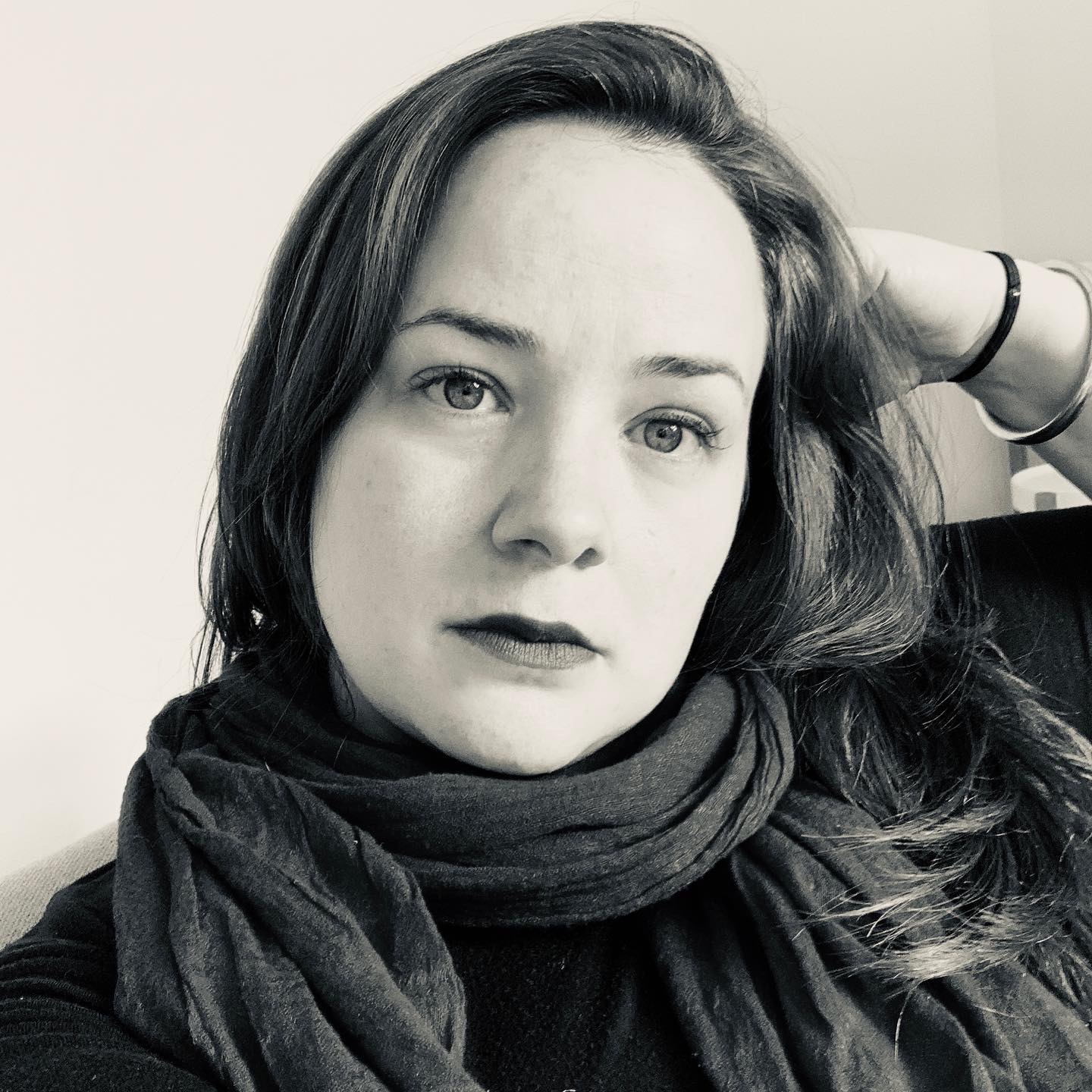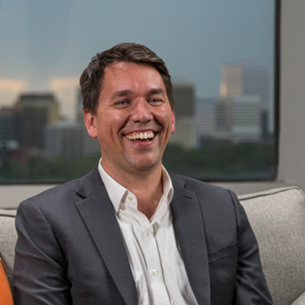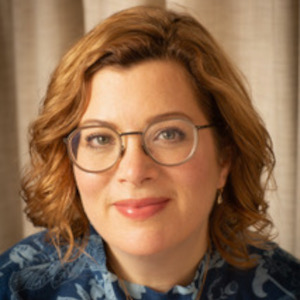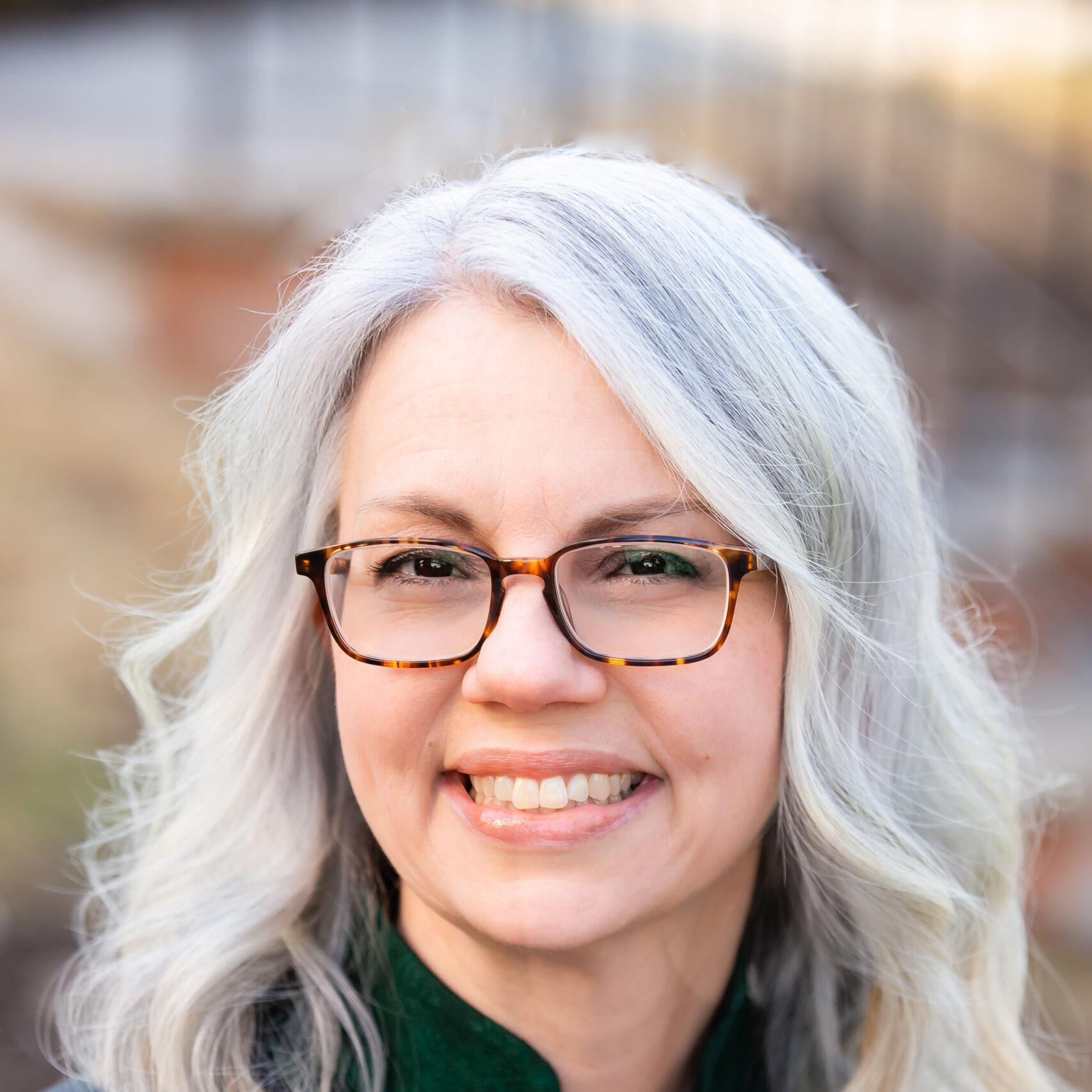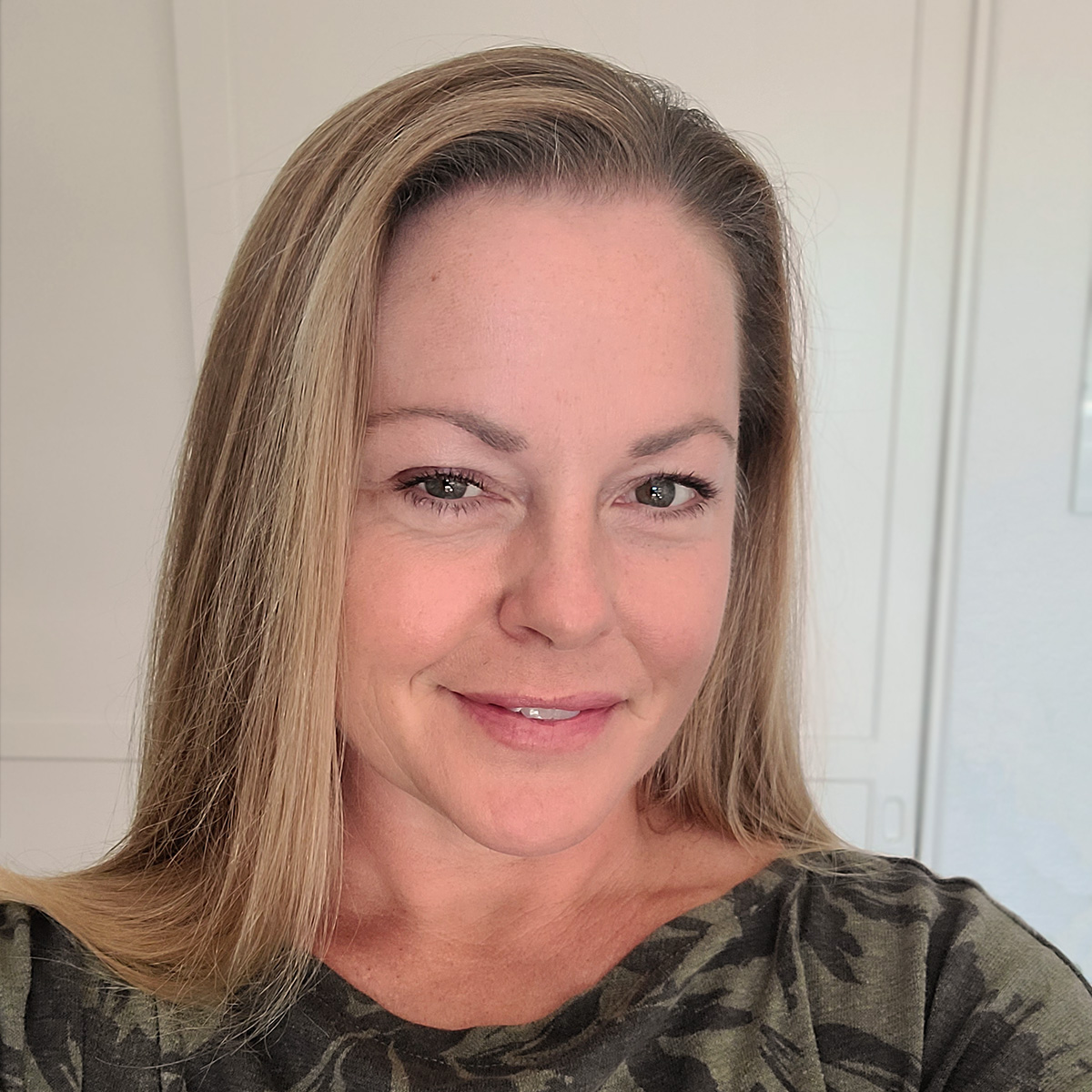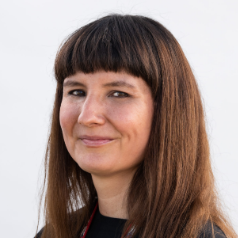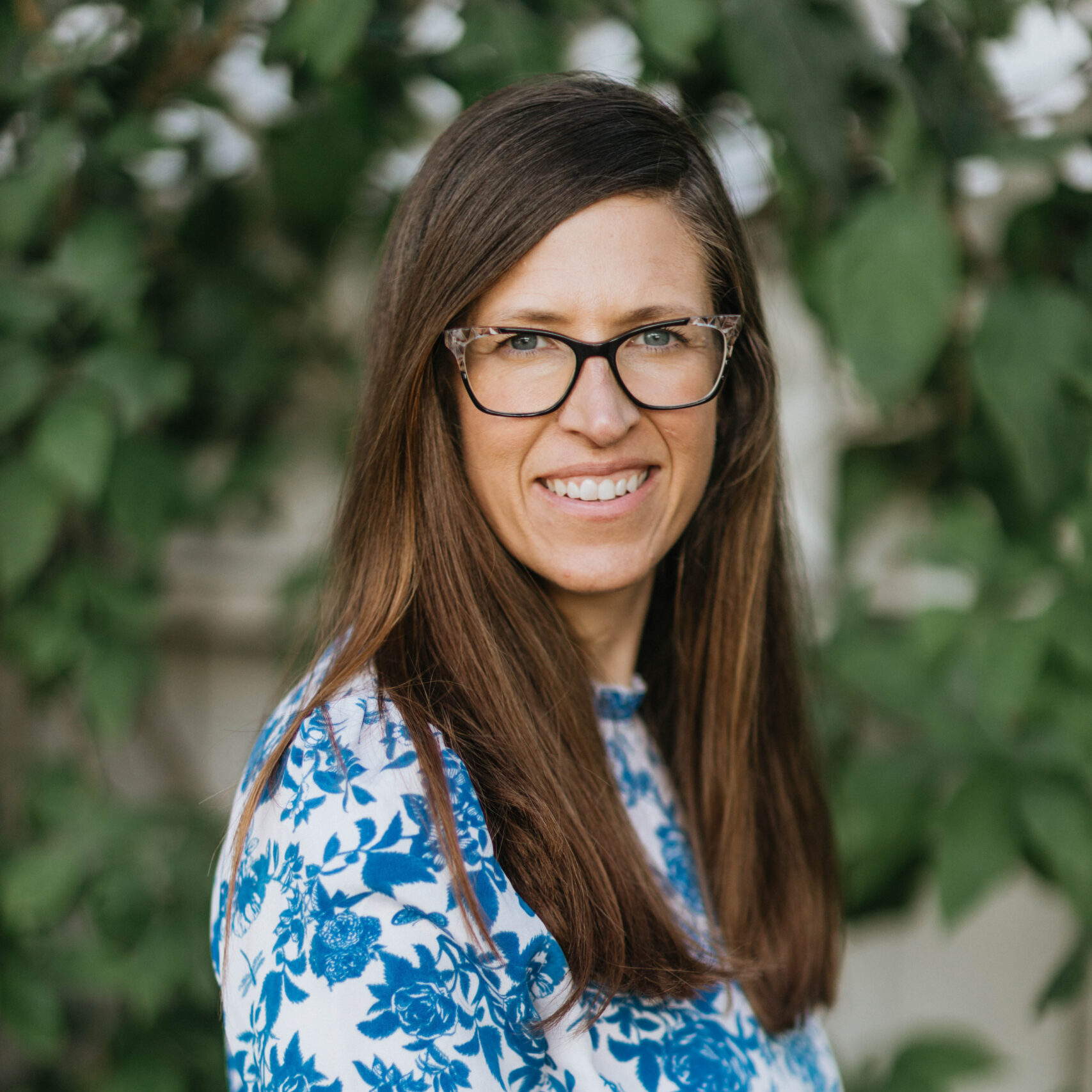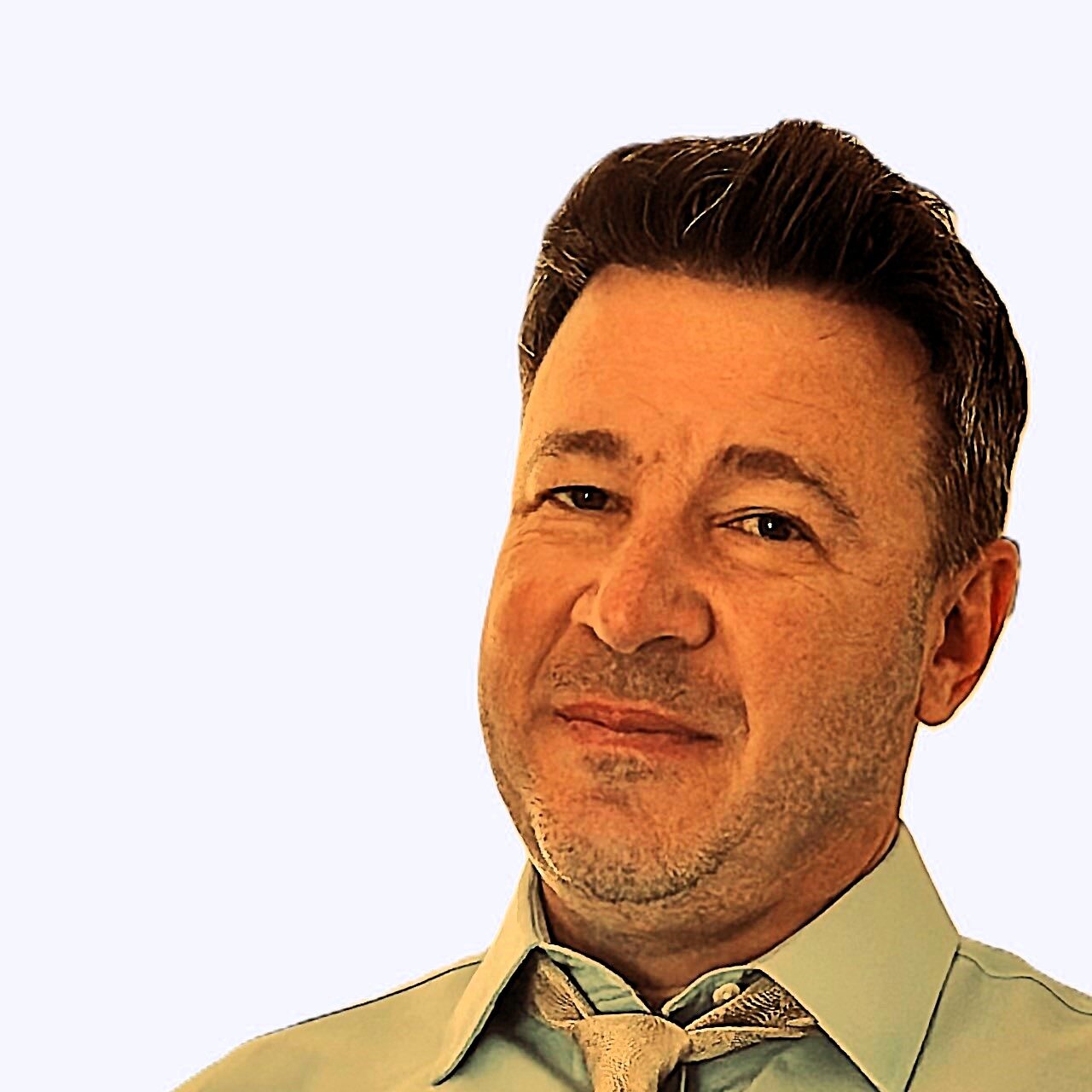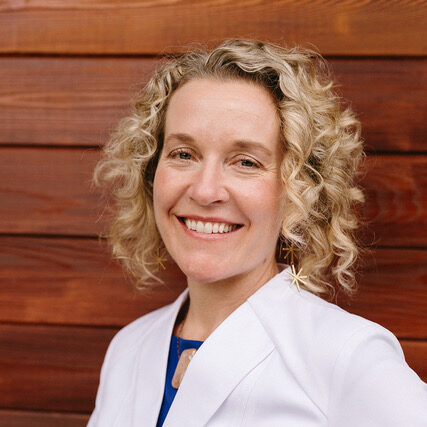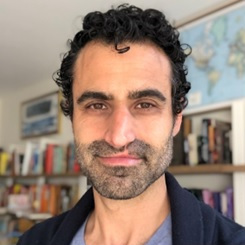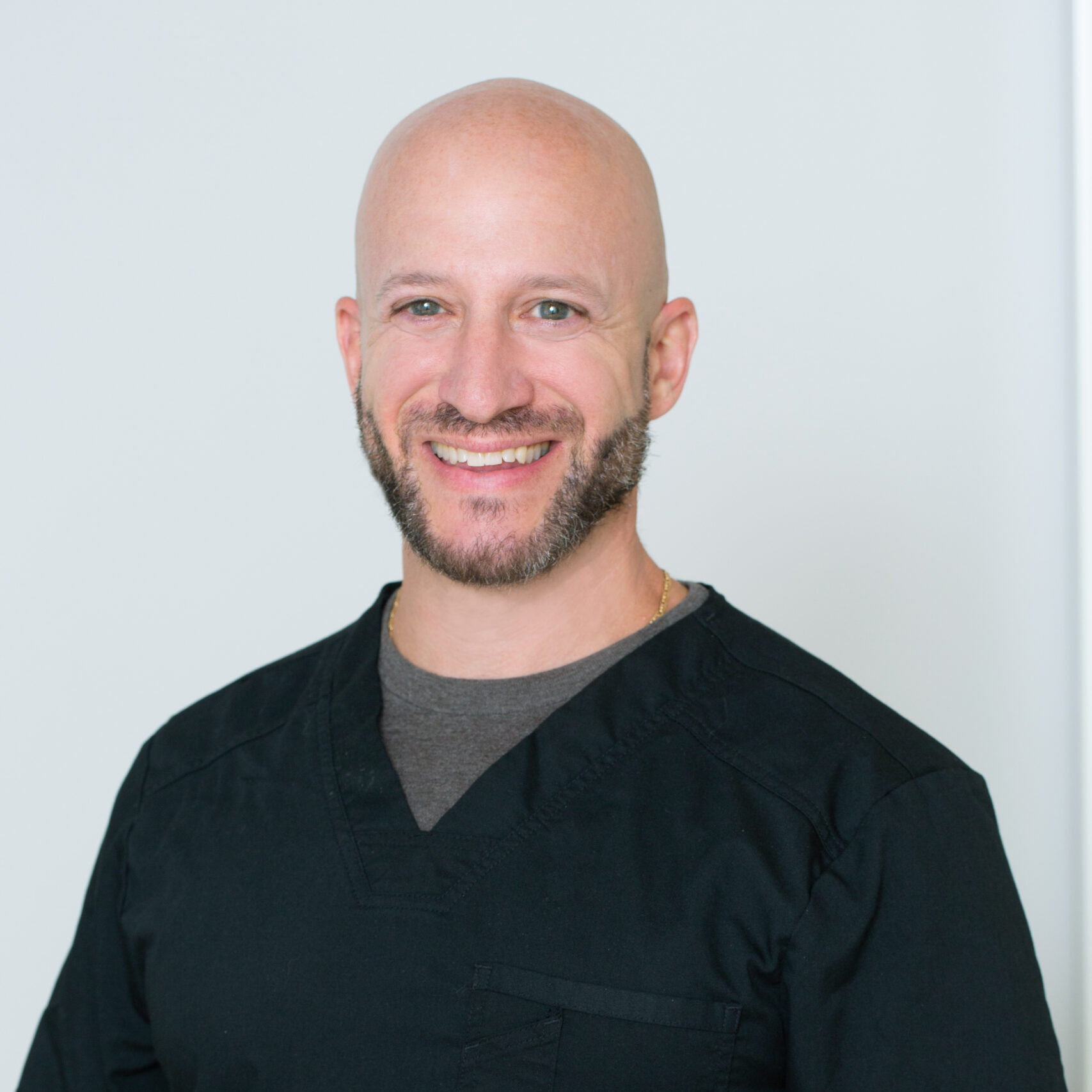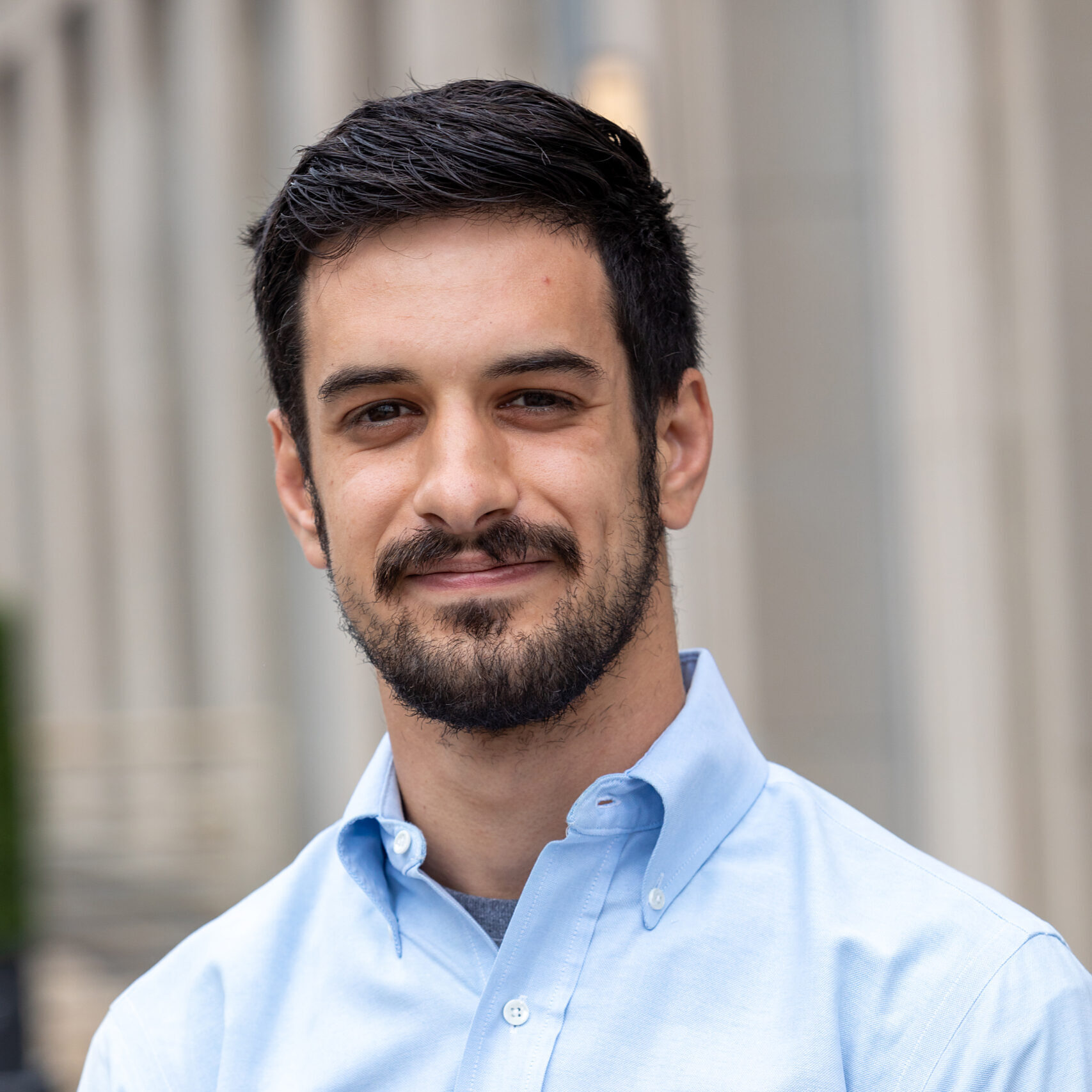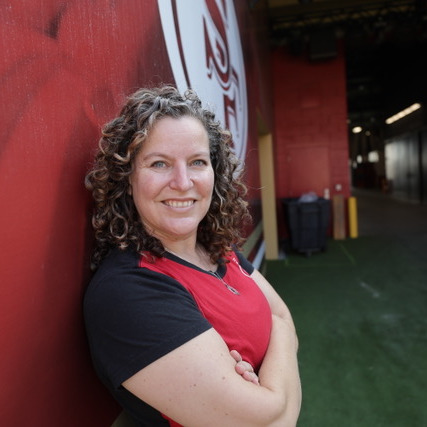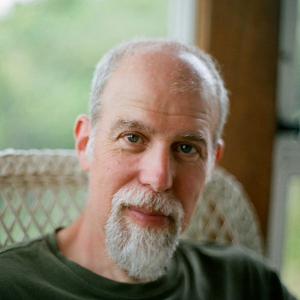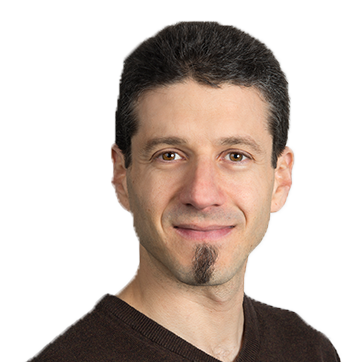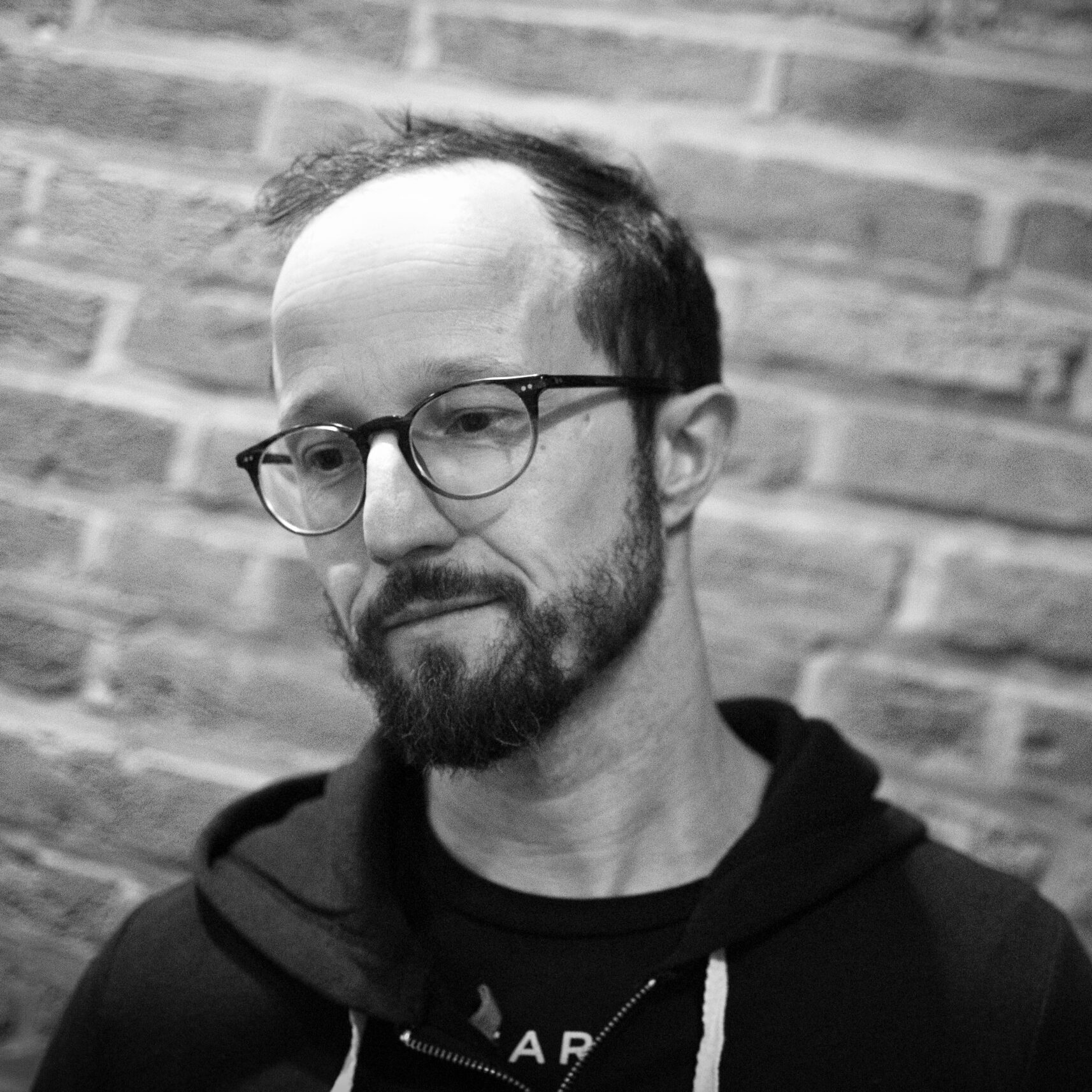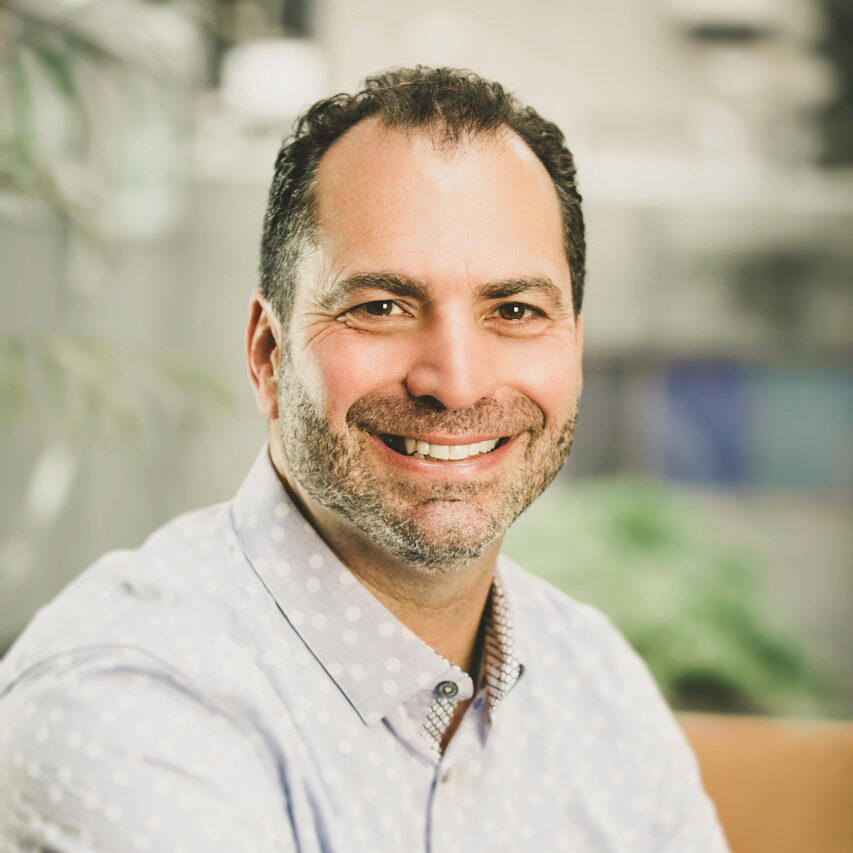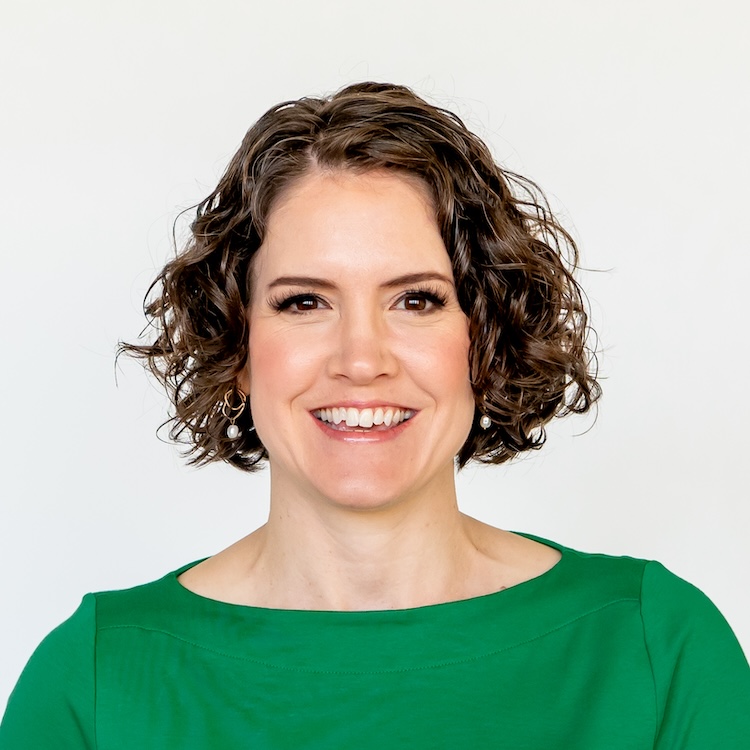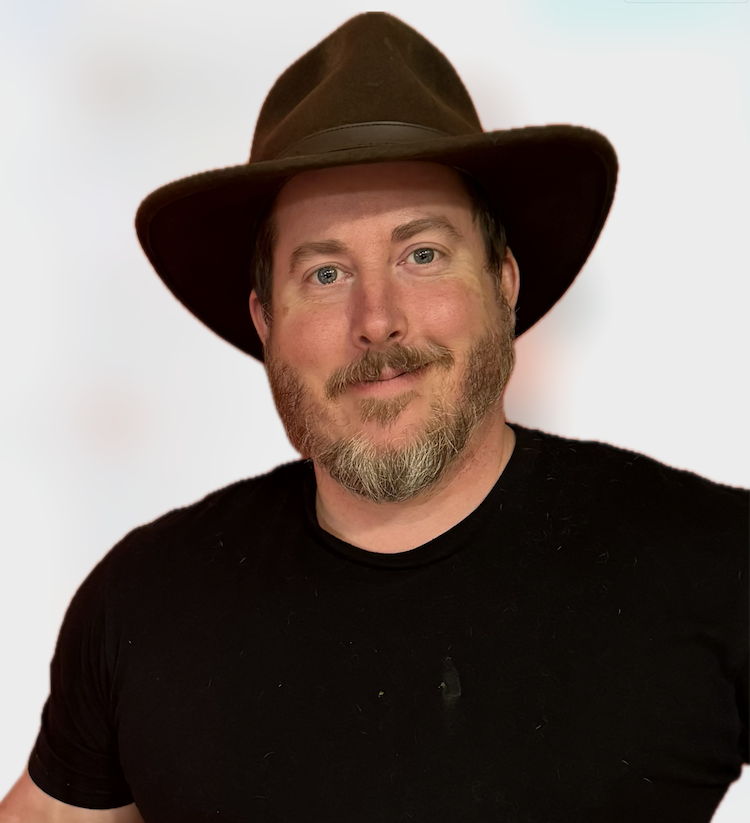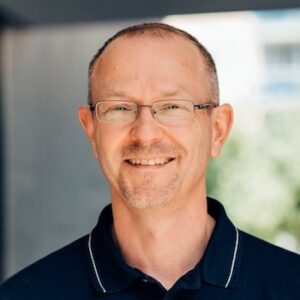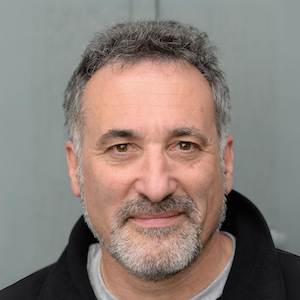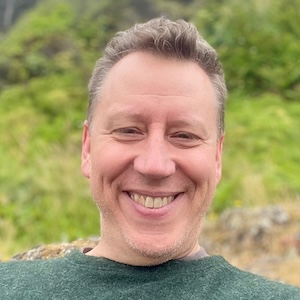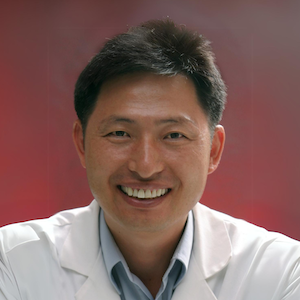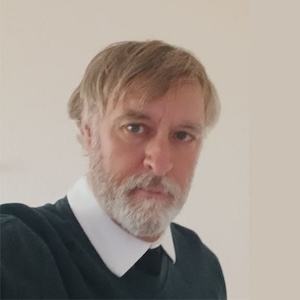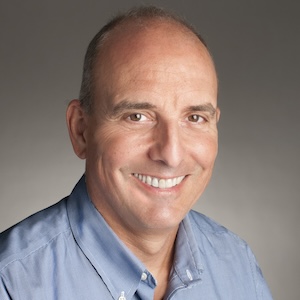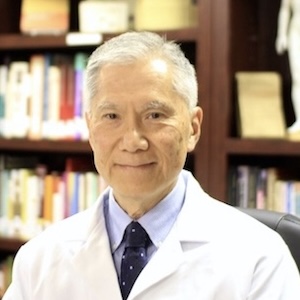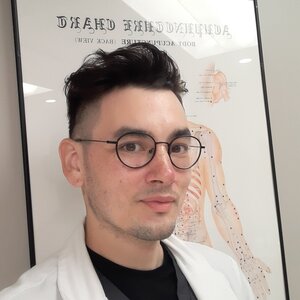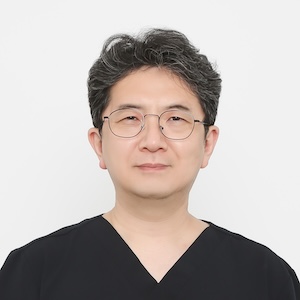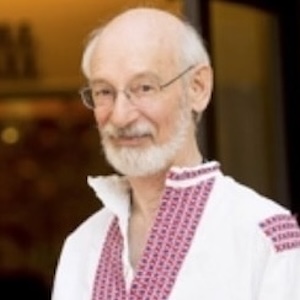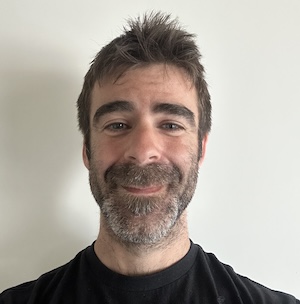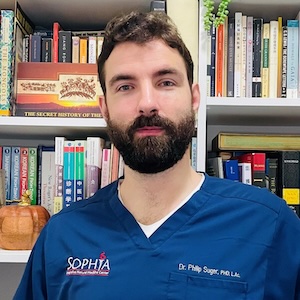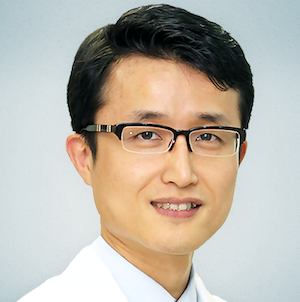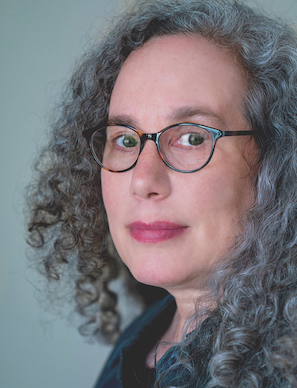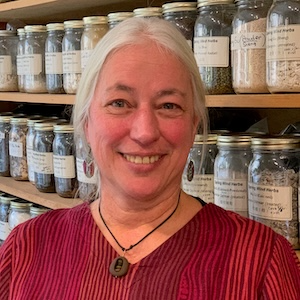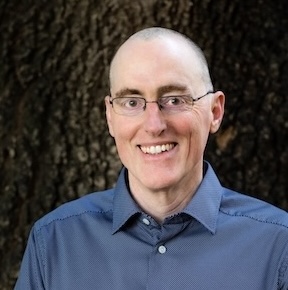In the initial descriptions of Chinese medicine set down in the Huangdi Neijing, acupuncture was described as a traditional form of ecological surgery.
Its primary aim was to restore the natural watersheds of the body by regulating the flow of the blood circulating through these regions. These writings compare the vascular rivers of the body to rivers in nature, understanding them to be formed by the same basic forces and patterns of nature.
Similar to rivers in nature, the flow qualities of the vascular rivers display different seasonal variations or ‘tides'. We assess these seasonal tides in the pulse qualities of the major blood vessels of the body. This allows us to synchronize the bodies of our patients with the seasonal patterns of nature.
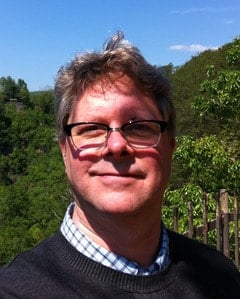 Edward Neal, MD, MSOM, is trained in both Western and Chinese medicine. He has been involved in the study and teaching of Chinese medicine for over thirty years. As part of his work, he has consulted with the World Health Organization on matters related to traditional East Asian medicine and has served as a visiting scholar at the University of San Diego Medical School.
Edward Neal, MD, MSOM, is trained in both Western and Chinese medicine. He has been involved in the study and teaching of Chinese medicine for over thirty years. As part of his work, he has consulted with the World Health Organization on matters related to traditional East Asian medicine and has served as a visiting scholar at the University of San Diego Medical School.
He currently serves as the medical director for the Apricot Grove Project and is the founder and director of the School of Neijing Nature-Based Medicine.
These organizations study traditional forms of medical knowledge to discover innovative solutions to current global challenges. Further information regarding these projects and training opportunities can be found at www.neijingstudies.com.

